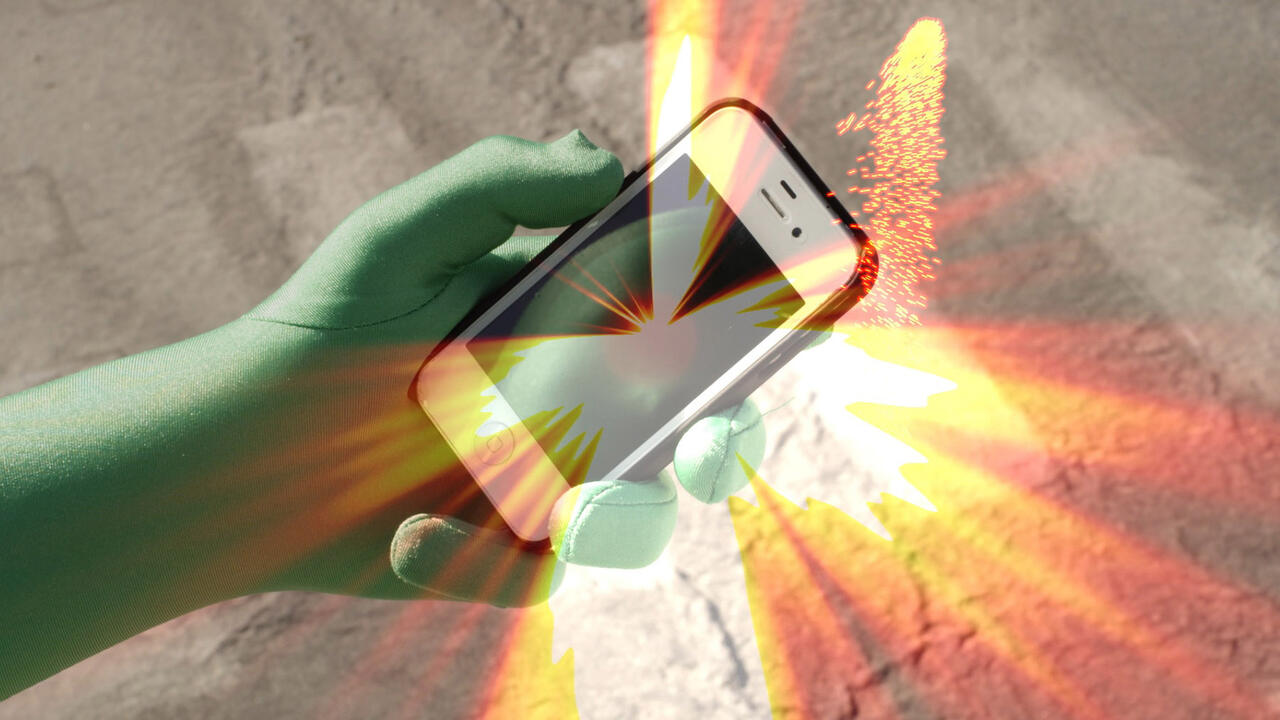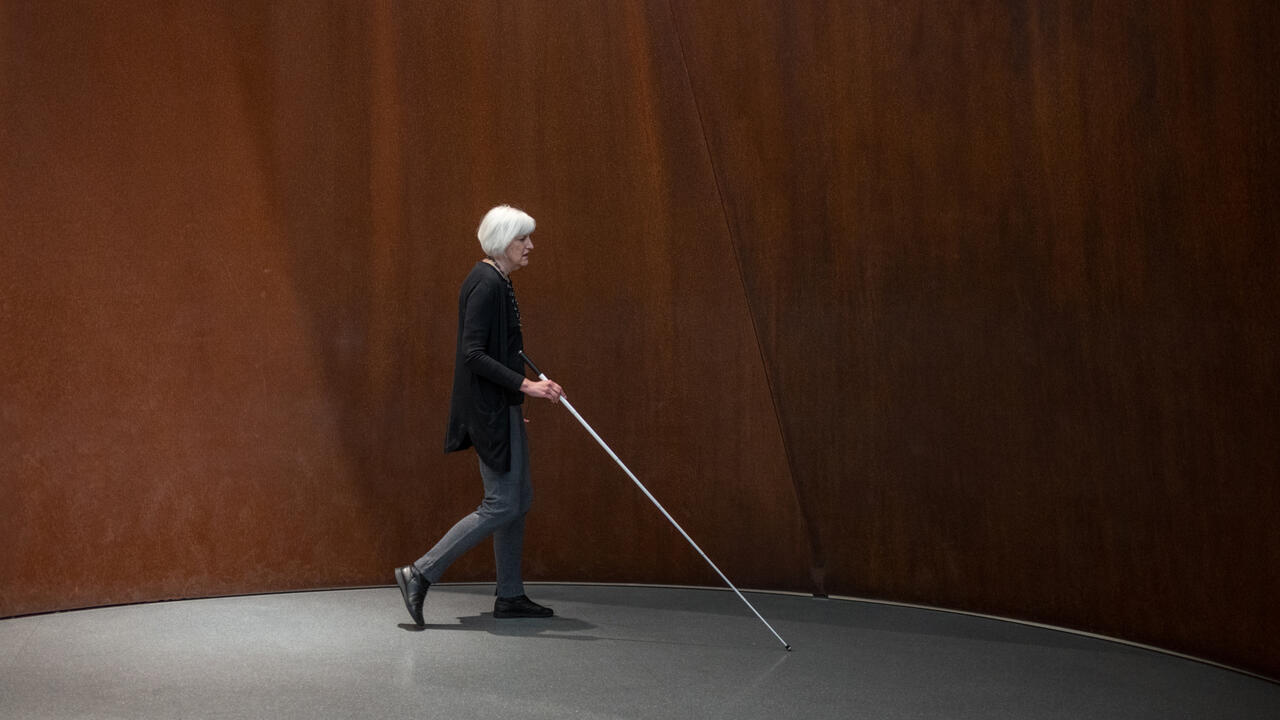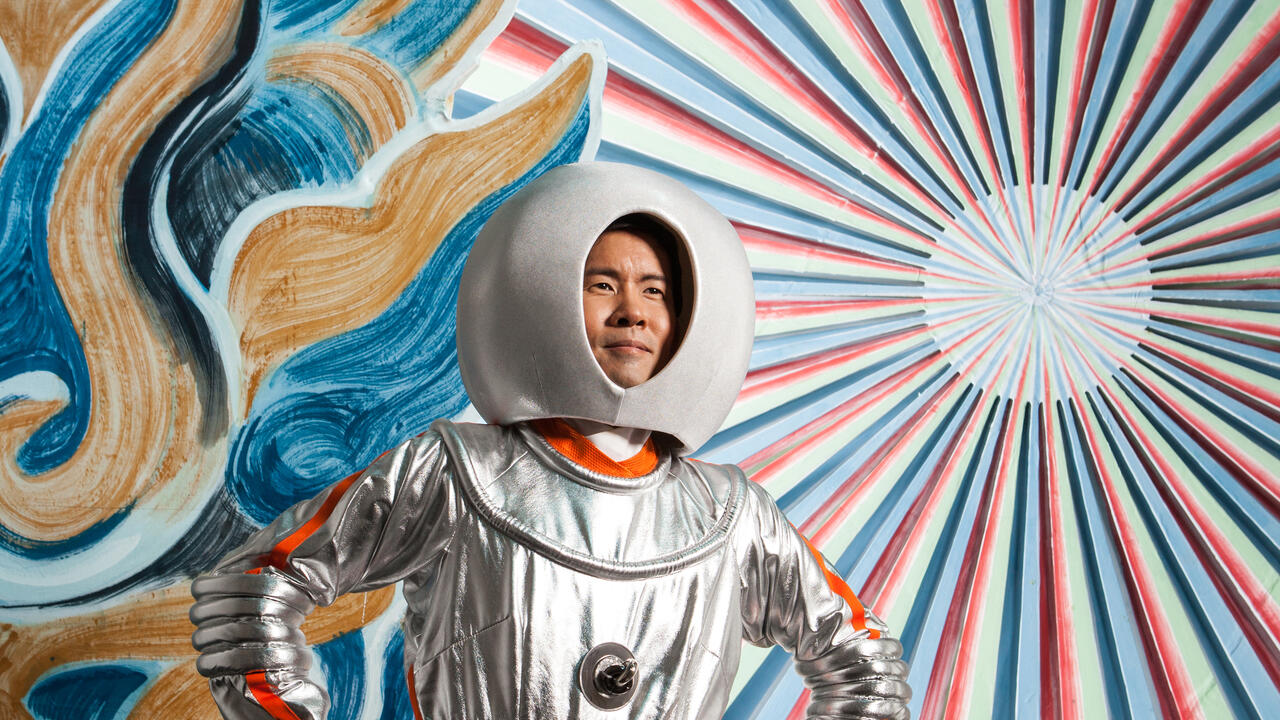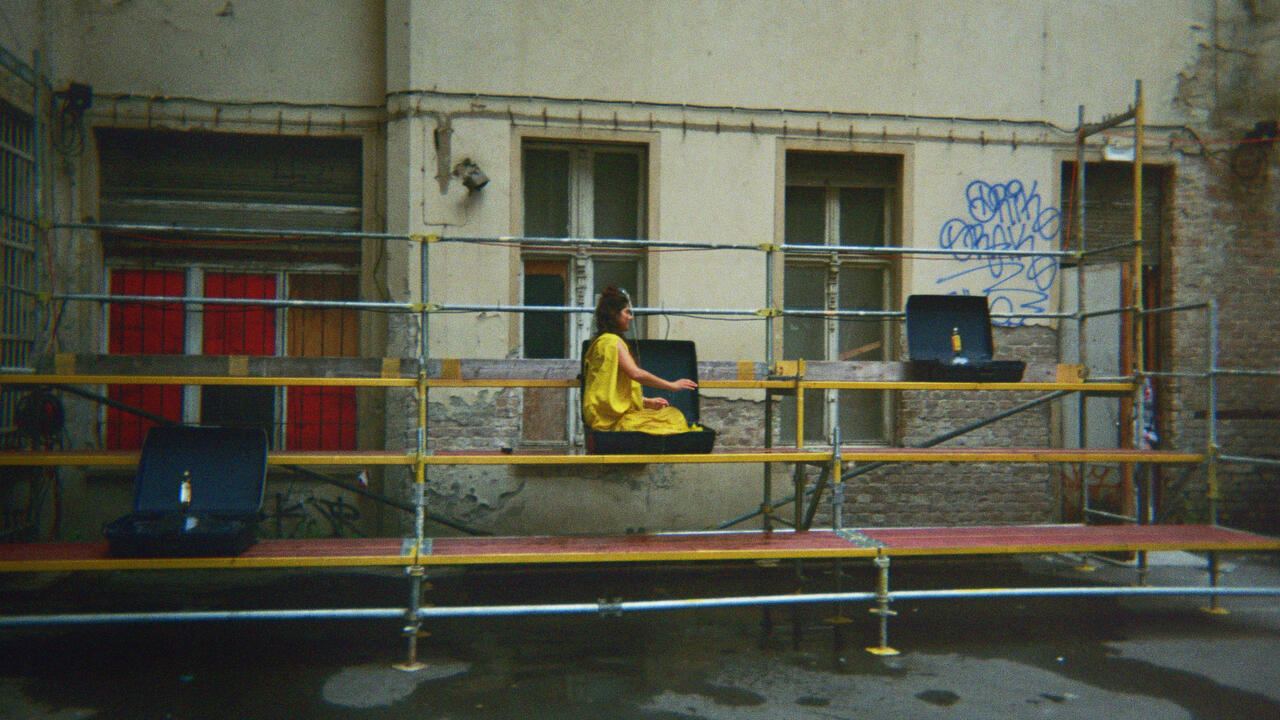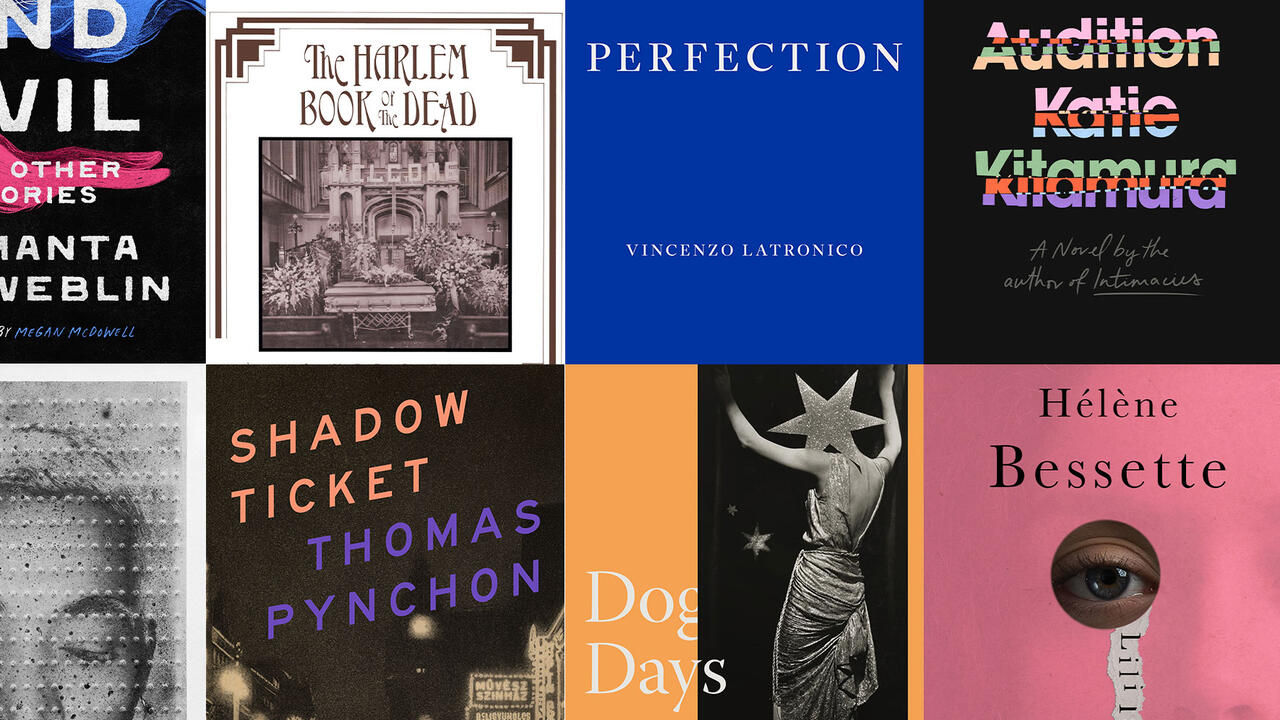WochenKlausur’s Language Schools for Refugees
The Austrian artist Wolfgang Zinggl looks back on his social practice collective’s project for the 1999 Venice Biennale
The Austrian artist Wolfgang Zinggl looks back on his social practice collective’s project for the 1999 Venice Biennale

Read a German language version of this article here.
In 1999, WochenKlausur was invited by Peter Weibel – then director of ZKM Centre for Art and Media in Karlsruhe and commissioner of the Austrian Pavilion – to represent Austria at the 48th Venice Biennale. That year’s exhibition took place at the height of the Kosovo War (1998–99), so the collective, for its contribution to the Austrian Pavilion, decided to establish language schools for the many young refugees staying in neighbouring Macedonia. Our members didn’t think art should be celebrating itself while ignoring a major international conflict and wanted, in some way, to alleviate the plight of those who had fled Kosovo. Our initial idea had been to house 30 orphaned children in the Austrian Pavilion, which would be completely sealed off from the stream of visitors for the duration of the biennial. (There was even a kindergarten directly behind the pavilion, just outside the Giardini.) After two of us visited Macedonia, however, we decided it would be more impactful to set up language schools, since there was no form of childhood education at the refugee camps there. But we had to start absolutely from scratch: we had no venue, no school furniture, no teachers, no money, no local infrastructure, nothing.

We spent months at our headquarters in Vienna seeking sponsorship. In addition to funding, donations in kind were most welcome. Barbara Prammer, then Federal Minister for Women’s Affairs, personally helped us obtain a donation of €28,000 from Veuve Clicquot. This was augmented by bequests from various social and activist organizations – including KulturKontakt, the Rotary Club of Vienna and the Women’s Initiative Against War – enabling us to acquire seven spaces on the Kosovo border and turn them into functioning classrooms. The North-Macedonian aid organization Association for Democratic Initiatives (ADI) helped us to find the venues while the school furniture, learning materials and computers were delivered in articulated lorries from Vienna and Venice, accompanied by a minibus that remained on site until after the war ended in June 1999. The reconstruction and furnishing of the rooms was organized by ADI using volunteers from the refugee camps, while two members from WochenKlausur regularly visited them on site to help.
For the entire duration of the Venice Biennale, the Austrian Pavilion was used as a fundraising office and was staffed by a roster of WochenKlausur members, so that every visitor was fully informed about our project. During this time, we succeeded in hiring two language teachers for the classes established in Macedonia. Since we urgently needed money to finance the teachers, and knowing that the Venice Biennale would attract around 200,000 visitors, the team set up a type of lottery for attendees. In exchange for a donation of €20, visitors were offered ‘WochenKlausur’ tote bags filled with novelty items: Venetian masks, vouchers for restaurants or stays in Austrian hotels, teddy bears, gondola rides and lederhosen.

Over a thousand pupils had been registered but not all of them could be accommodated. The languages classes were eventually attended by 600 students, 528 of whom got their certificates of completion officially recognized by the Macedonian government. Although the refugees could not immediately return home after the end of the war, the project was gradually scaled down. In the end, the teachers decided to stay on unpaid, with two of them even moving to Kosovo with their pupils and materials to continue teaching. By then, we were working on other projects, managing only to stay in touch occasionally with the students by phone.
As is often the case with WochenKlausur’s projects, the reception from both public and press was mixed. Some criticised the work as a misuse of art funds while other artists saw the project not as art but as social work. For WochenKlausur, art will always be something with an essential purpose, which exists as a cultural construct in flux, always adapting and changing. Art will always have a social or political function. The project certainly prompted some heated debates, but we remain of the belief that art can effect change and should be concerned with making a positive impact on public wellbeing.
As told to Terence Trouillot.
This article first appeared in frieze issue 226 with the headline ‘Art Outside the Lines’. For additional coverage of the 59th Venice Biennale, see here.
Main image: Display board from WochenKlausur’s Venice office illustrating the development of their language school programme for Albanian-Kosovan refugees, 1999. Courtesy: WochenKlausur









